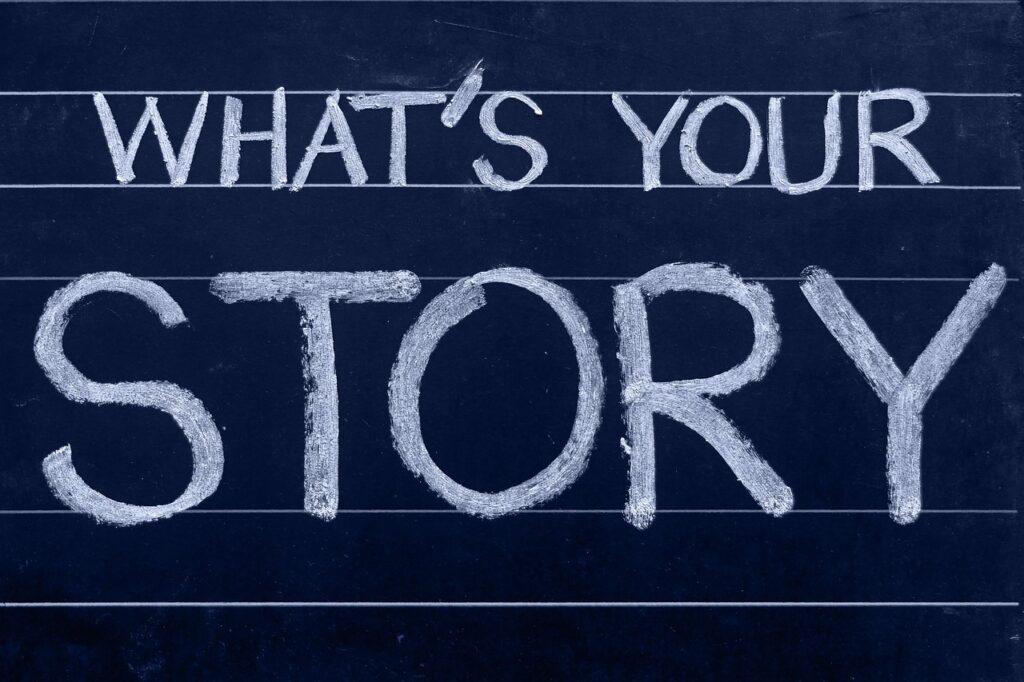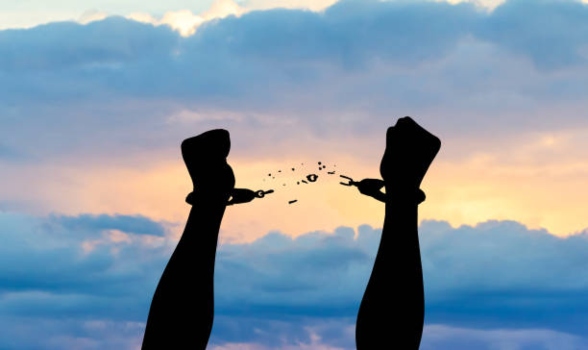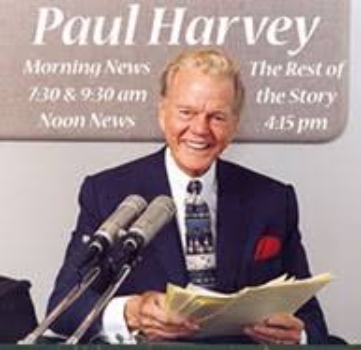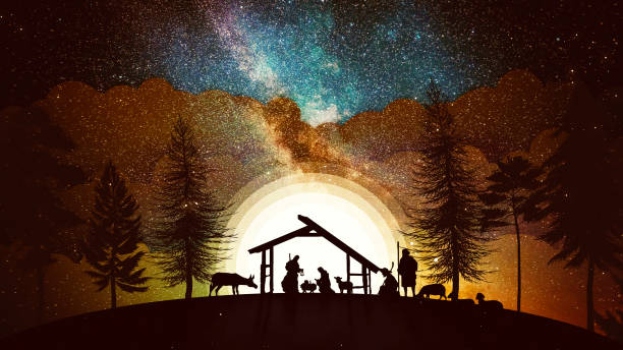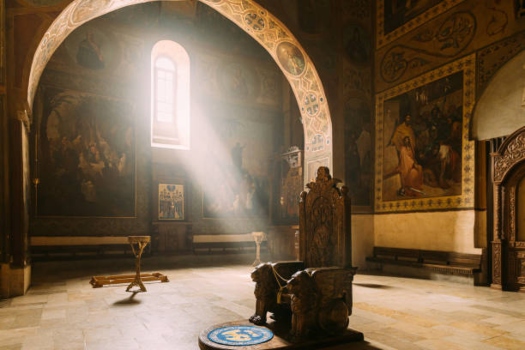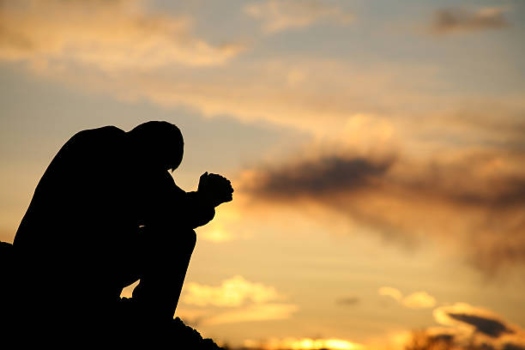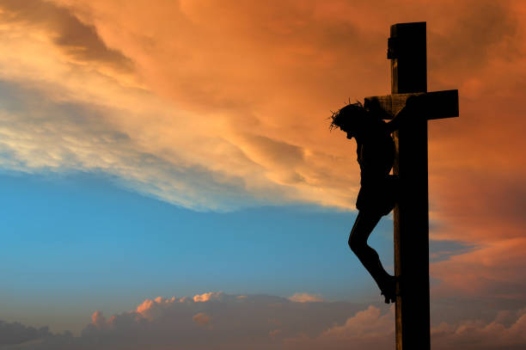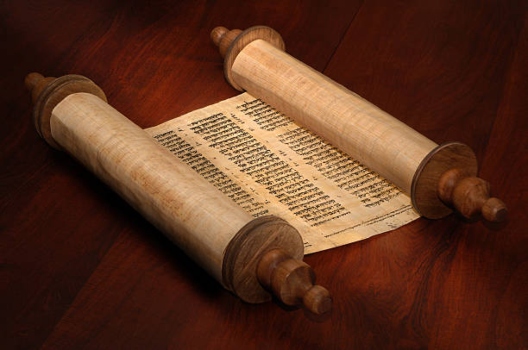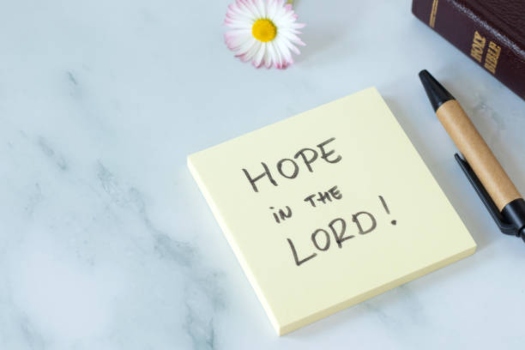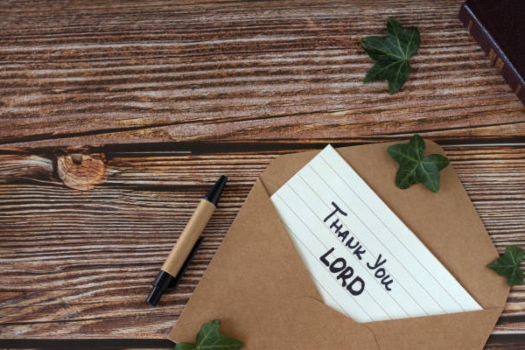Are You Going to be Wise?
Epiphany is an “aha” moment. A sudden revelation. When you become aware of something important. The appearance or manifestation of something.

Christians celebrate Epiphany on January 6, twelve days after Christmas. Many countries refer to it as “Three Kings Day”. On this day, Western Christianity recognizes Christ’s manifestation to the Gentiles. The Gentiles were represented when the Magi visited Jesus. It showed how God’s gift of the Good News is for everyone. Epiphany celebrates God revealing himself to the world
Because the church celebrates Epiphany on the first Sunday in January, this past Sunday was Epiphany. Pastor Lisa pointed out that –
The song We Three Kings is a fitting message for Epiphany.
We three kings of Orient are
Bearing gifts we traverse afar
Field and fountain, moor and mountain
Following yonder star
The men in the song weren’t really kings, they were Wise Men or Magi. They were astronomers or stargazers. This is told to us in Matthew 2:1-12 where they follow a star to go visit Jesus as a child.
After Jesus was born in Bethlehem in Judea, during the time of King Herod, Magi from the east came to Jerusalem and asked, “Where is the one who has been born king of the Jews? We saw his star when it rose and have come to worship him.” (verses 1-2)
These wise men had been looking for the fulfillment of prophesies for generations. They were paying attention and ready.
When God sent them the star they acted and went to find and follow Jesus.
O Star of wonder, star of night
Star with royal beauty bright
Westward leading, still proceeding
Guide us to thy Perfect Light
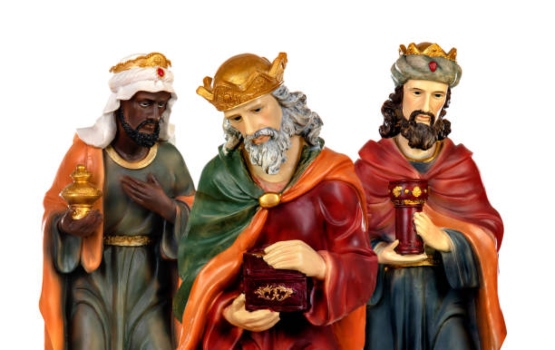
The Magi brought gifts to Jesus that showed that they had been paying attention and knew who He was. They gave Him gold. Gold was a gift given to kings.
Born a King on Bethlehem’s plain
Gold I bring to crown Him again
King forever, ceasing never
Over us all to reign
They gave Him frankincense. This represents divinity. Frankincense is a fragrant resin that was poured out in worship. It was something given to gods. They knew who Jesus was.
Frankincense to offer have I
Incense owns a Deity nigh
Prayer and praising, all men raising
Worship Him, God most high
They gave Him myrrh. Myrrh was used for embalming. These wise men knew what was coming.
Myrrh is mine, its bitter perfume
Breathes of life of gathering gloom
Sorrowing, sighing, bleeding, dying
Sealed in the stone-cold tomb
The wise men paid attention. God spoke to them through dreams and a star. God told them to not tell Herod and to go home a different way.
God told them what to do and they listened. Then they acted.

The last verse of the song tells the story going forward.
Glorious now behold Him arise
King and God and Sacrifice
Alleluia, Alleluia
Earth to heav’n replies
We need to be like the wise men. We need to read Scripture. We need to seek Jesus. We need to discern and obey God. We need to act.
At the end of Matthew, Jesus tells us what we’re supposed to do.
“Go and make disciples of all nations, baptizing them in the name of the Father and of the Son and of the Holy Spirit, and teaching them to obey everything I have commanded you. And surely I am with you always, to the very end of the age.”
The wise men were seeking Jesus. They found Him and shared that with others. They wouldn’t have found Him if they hadn’t acted on what they knew.
We need to be wise and do the same thing.







